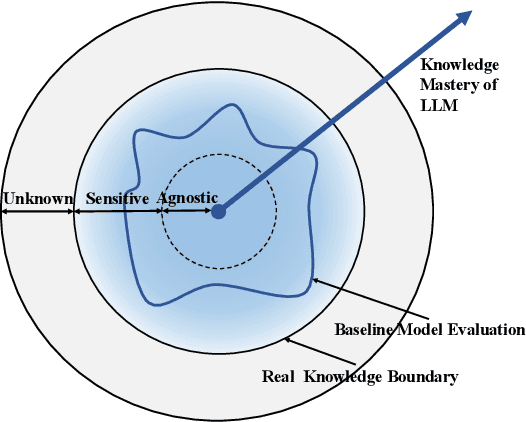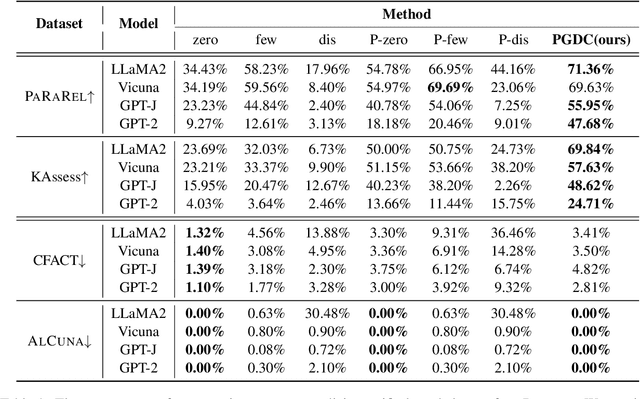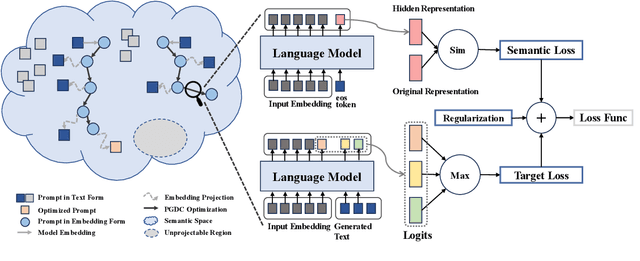Benchmarking Knowledge Boundary for Large Language Model: A Different Perspective on Model Evaluation
Paper and Code
Feb 18, 2024



In recent years, substantial advancements have been made in the development of large language models, achieving remarkable performance across diverse tasks. To evaluate the knowledge ability of language models, previous studies have proposed lots of benchmarks based on question-answering pairs. We argue that it is not reliable and comprehensive to evaluate language models with a fixed question or limited paraphrases as the query, since language models are sensitive to prompt. Therefore, we introduce a novel concept named knowledge boundary to encompass both prompt-agnostic and prompt-sensitive knowledge within language models. Knowledge boundary avoids prompt sensitivity in language model evaluations, rendering them more dependable and robust. To explore the knowledge boundary for a given model, we propose projected gradient descent method with semantic constraints, a new algorithm designed to identify the optimal prompt for each piece of knowledge. Experiments demonstrate a superior performance of our algorithm in computing the knowledge boundary compared to existing methods. Furthermore, we evaluate the ability of multiple language models in several domains with knowledge boundary.
 Add to Chrome
Add to Chrome Add to Firefox
Add to Firefox Add to Edge
Add to Edge